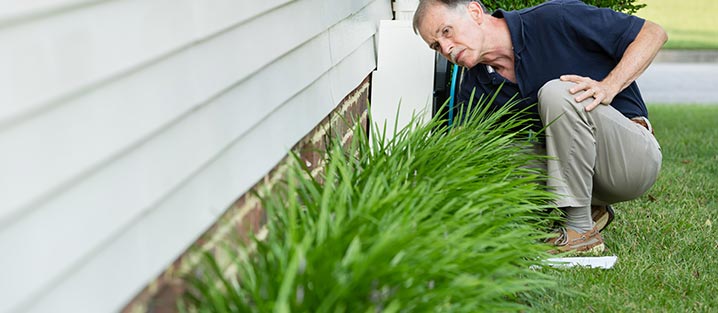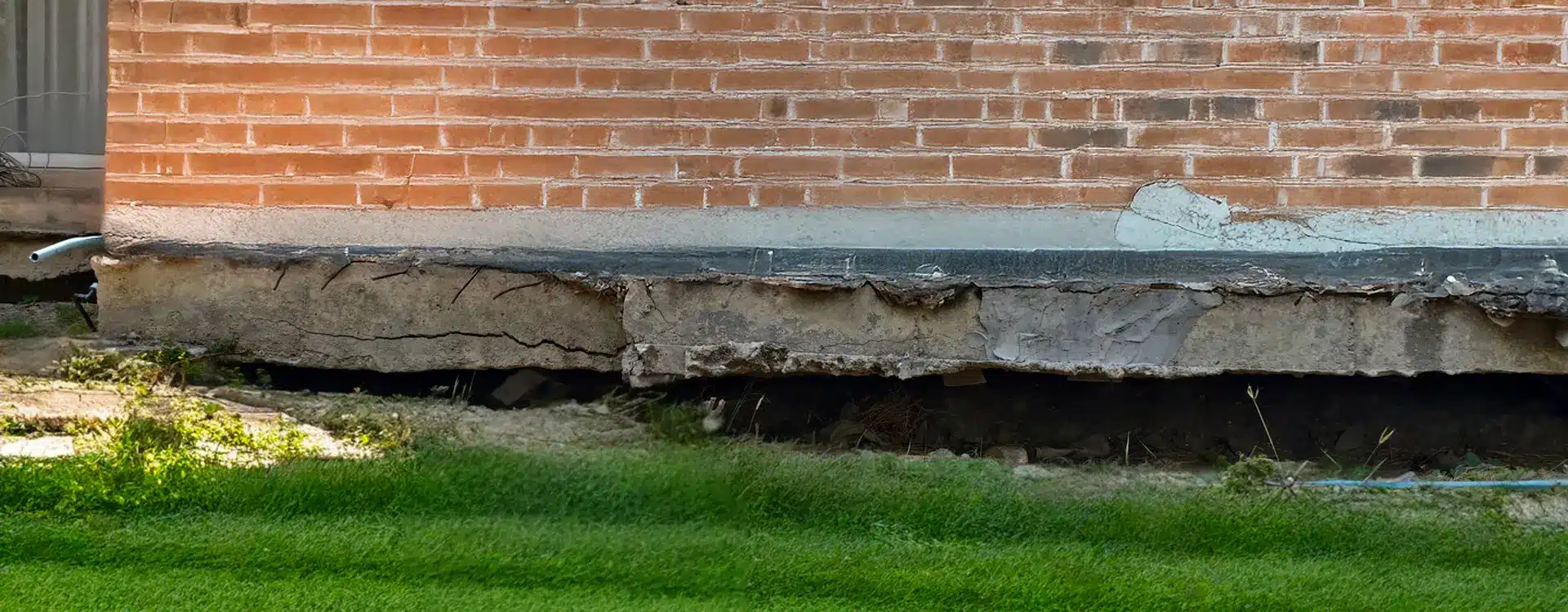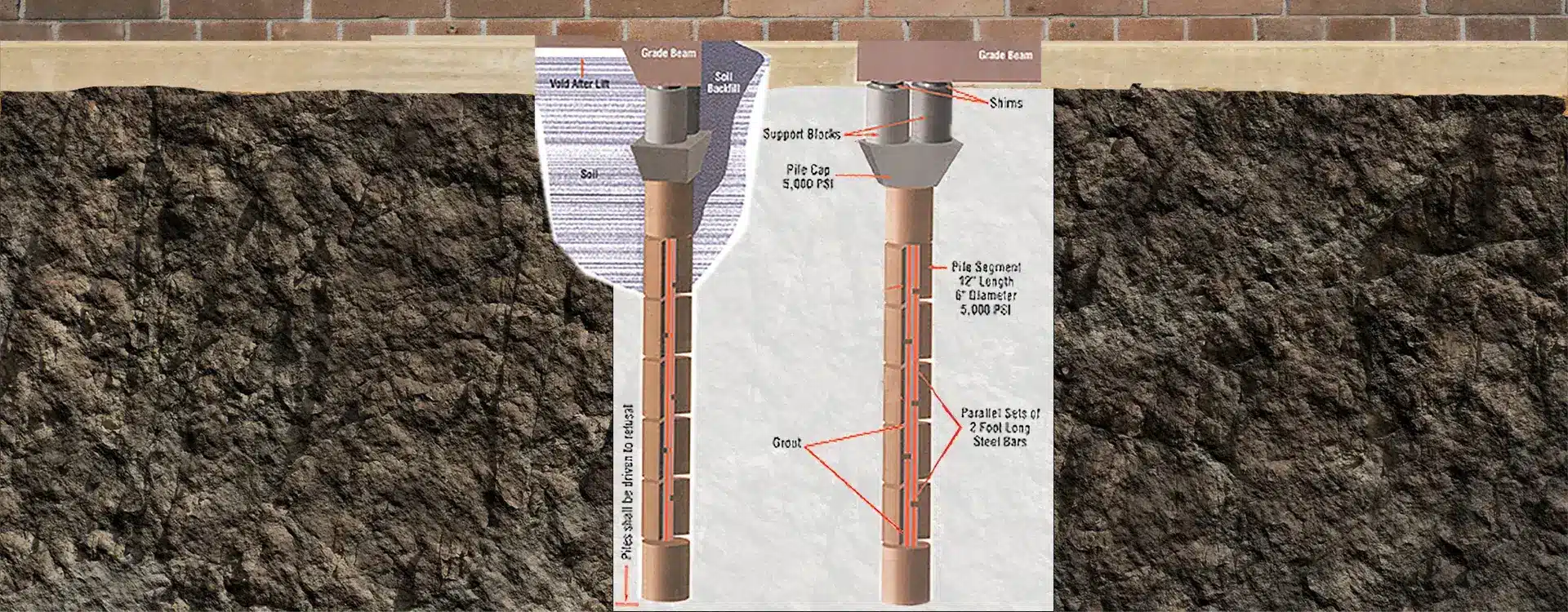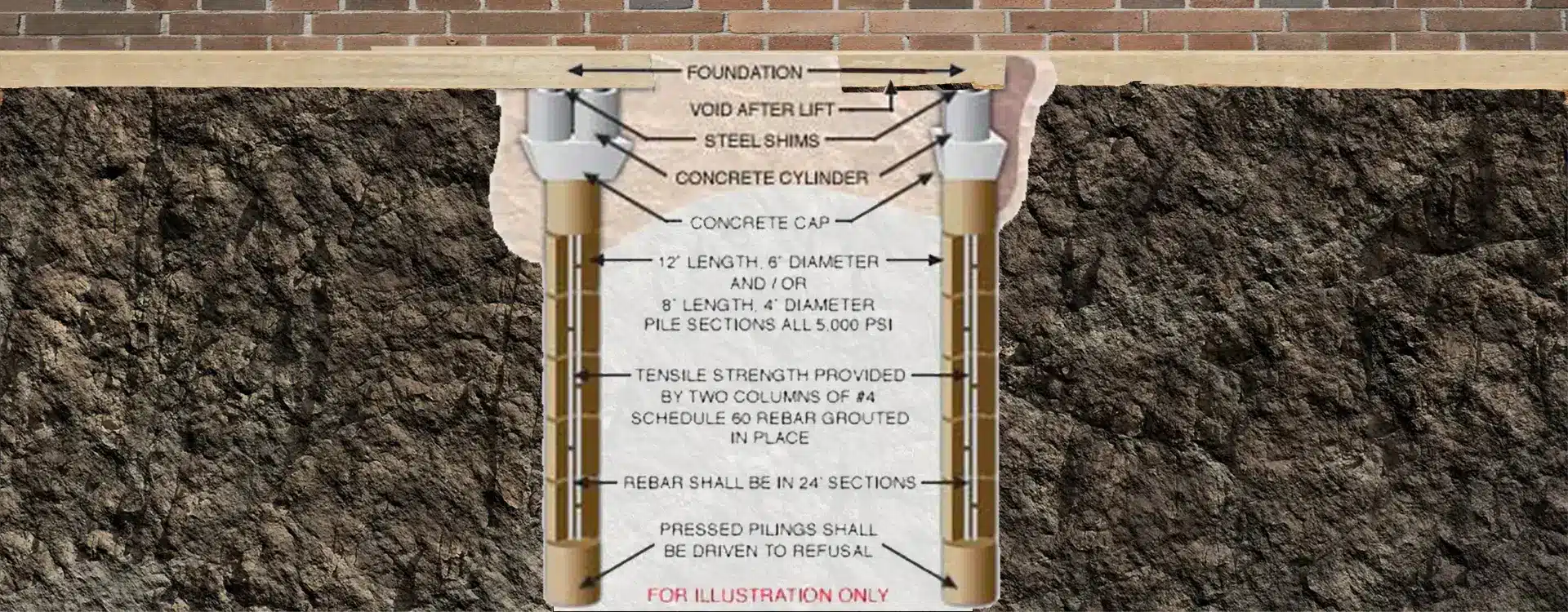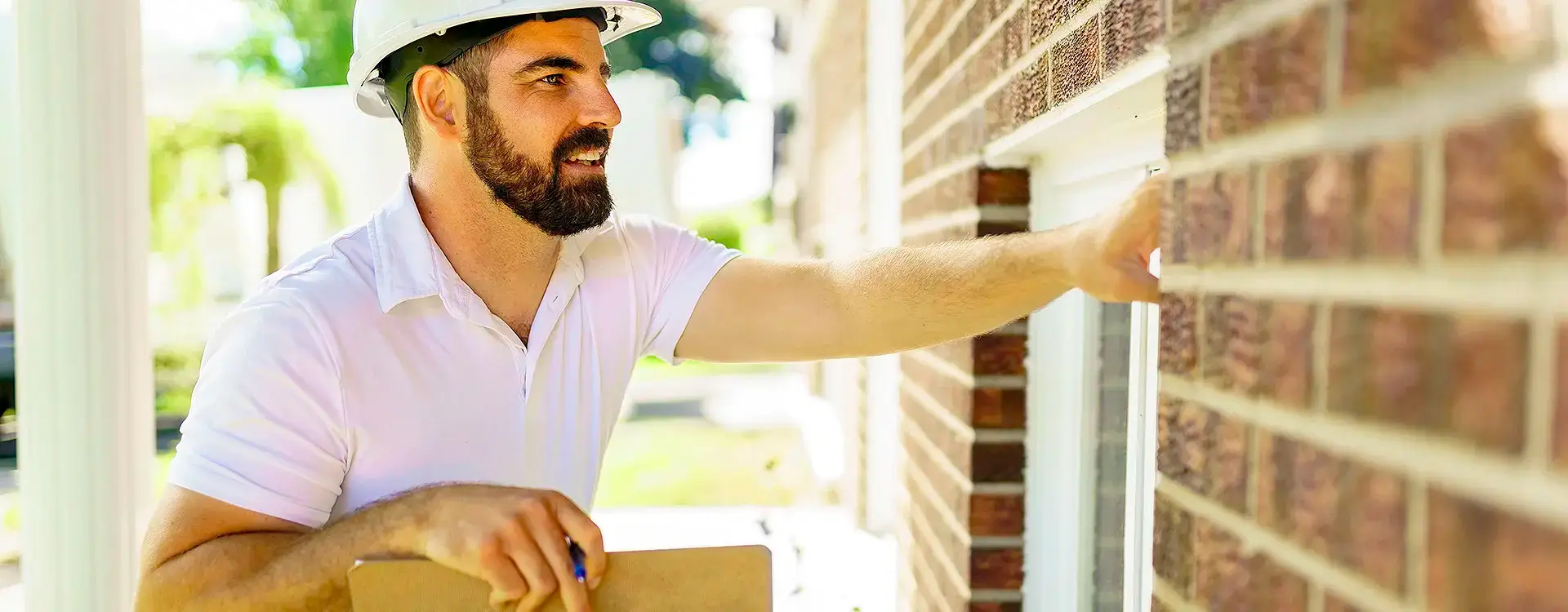During foundation inspections, the inspector typically performs the following:
1. Visual Examination:
Examine the interior of the building for visible signs of foundation issues. Then, examine the exterior for cracks in walls, floors, and ceilings, uneven floors, or gaps around windows and doors.
2. Measurement and Leveling:
You may use precise measurements and leveling tools to check for any unevenness or settling in the foundation.
3. Assessment of Soil Conditions:
Understanding the type of soil around the foundation is crucial. Knowing its moisture content is also essential. Especially in regions like Texas with expansive or problematic soils like clay.
4. Documentation:
Any observed issues, their severity, and necessary repairs or maintenance recommendations.
5. Recommendations:
The inspector provides recommendations for any required repairs or preventive measures. These recommendations can address existing problems or prevent potential issues in the future.
Getting your foundation inspected in Texas is crucial.
This is because of the region’s unique soil composition and weather conditions. Texas soil, particularly in areas like the Dallas-Fort Worth metroplex, is known for its expansive clay soil. This type of soil can significantly expand when wet and contract when dry. These soil movements can exert pressure on your Home’s foundation. This can lead to potential issues such as:
1. Foundation Settlement:
Fluctuations in soil moisture can cause the foundation to settle unevenly, leading to cracks in walls, floors, and ceilings.
2. Foundation Heaving:
Conversely, excessive moisture can cause the soil to swell. This can lead to upward movement or heaving of the foundation, which can also result in structural damage.
3. Water Damage:
Texas is prone to heavy rainfall. Improper drainage or plumbing issues can cause water to pool around the foundation, further compromising its stability.
4. Structural Compromise:
If left unchecked, foundation issues can affect the structural integrity of the entire house. This can lead to costly repairs.
Regular inspections by a professional can help identify early signs of foundation problems. This allows for timely repairs or preventive measures to mitigate potential damage. Many home insurance policies in Texas may not cover foundation-related issues. Regular inspections and maintenance are even more crucial for homeowners.
Foundation Inspections are Essential.
This is especially true in areas prone to soil movement or specific geological conditions. For example, soil expansion and contraction in Texas can significantly impact a building’s foundation. Regular inspections can help homeowners detect foundation issues early. This could save them from costly structural damage and repairs later on.
For more information or to schedule a foundation inspection, contact us today.

